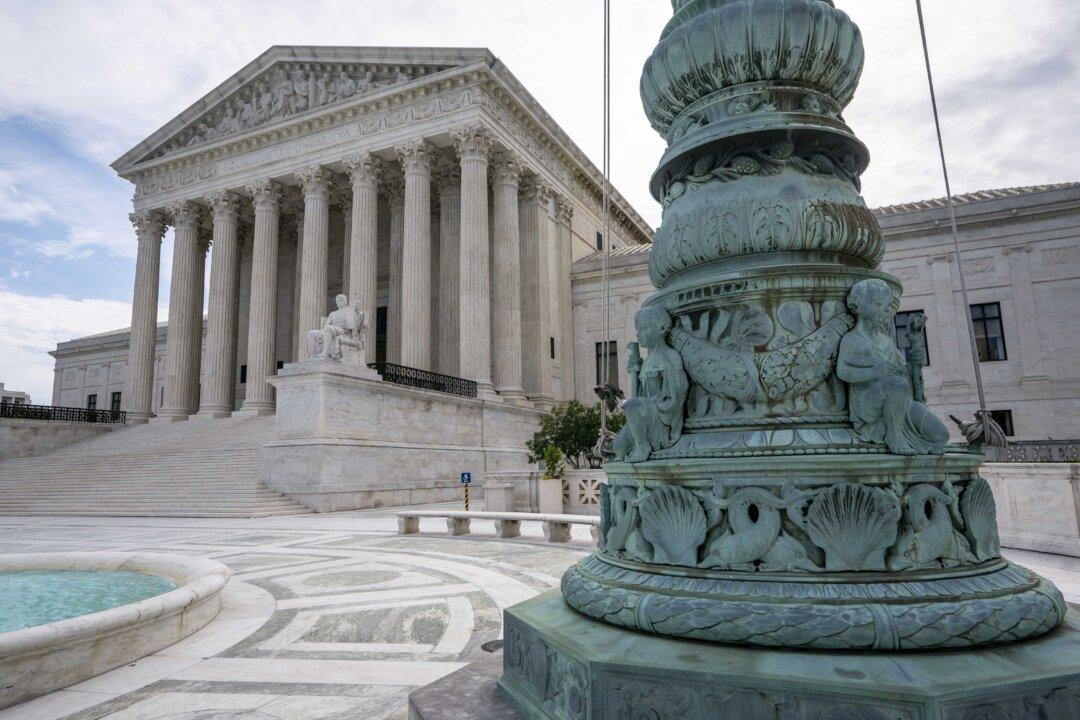The Supreme Court has agreed to hear legal challenges to President Donald Trump’s signature immigration-related policies—construction of a wall on the nation’s southern border to stem the flow of illegal aliens, and his policy requiring asylum-seekers to wait in Mexico while their claims are adjudicated.
The court, according to its custom, provided no rationale Oct. 19 for granting review in the legal cases, which the Trump administration had asked be reviewed.





